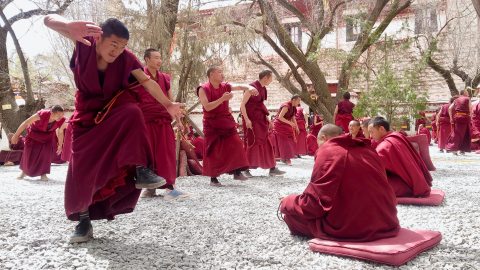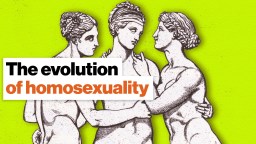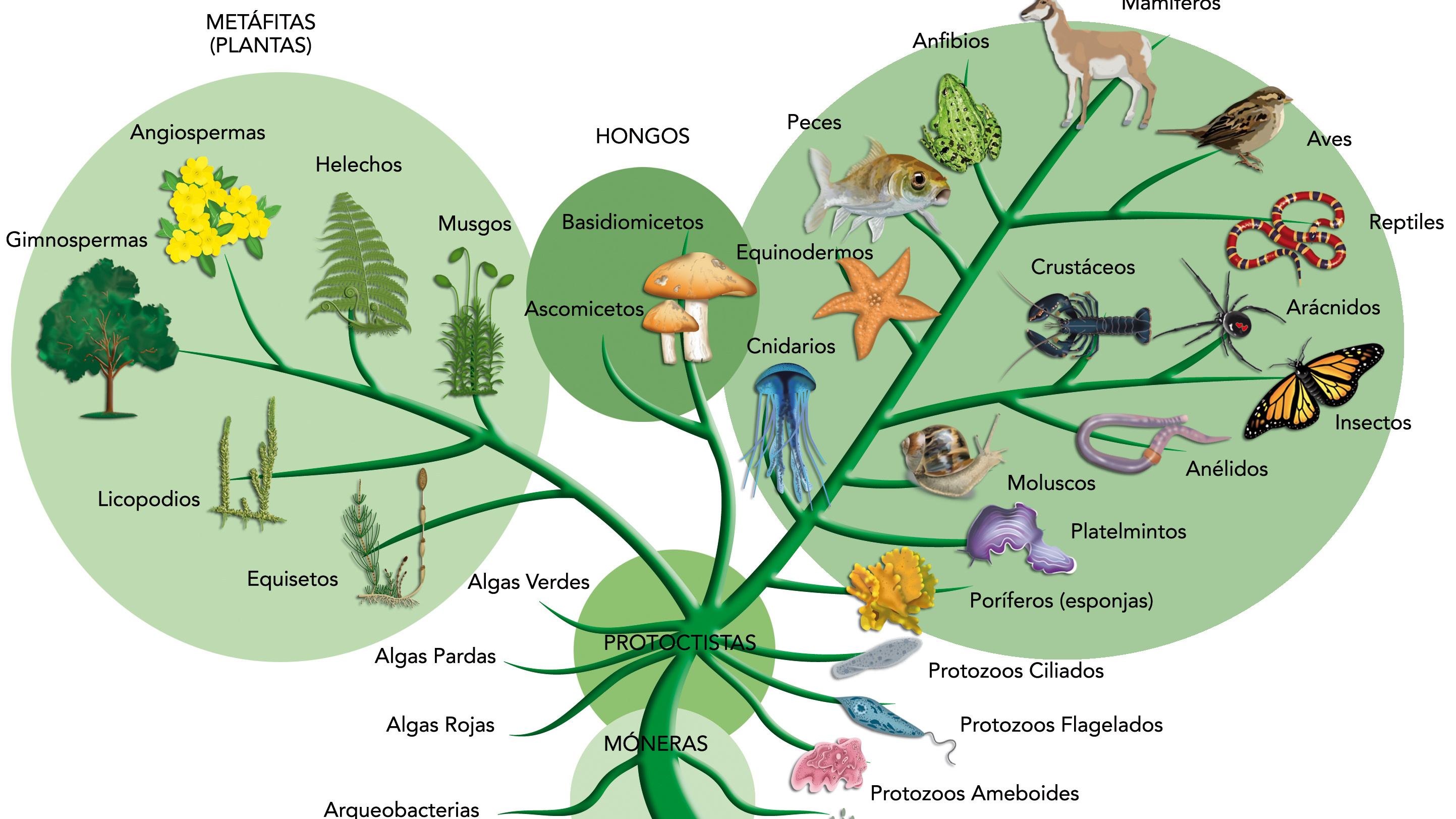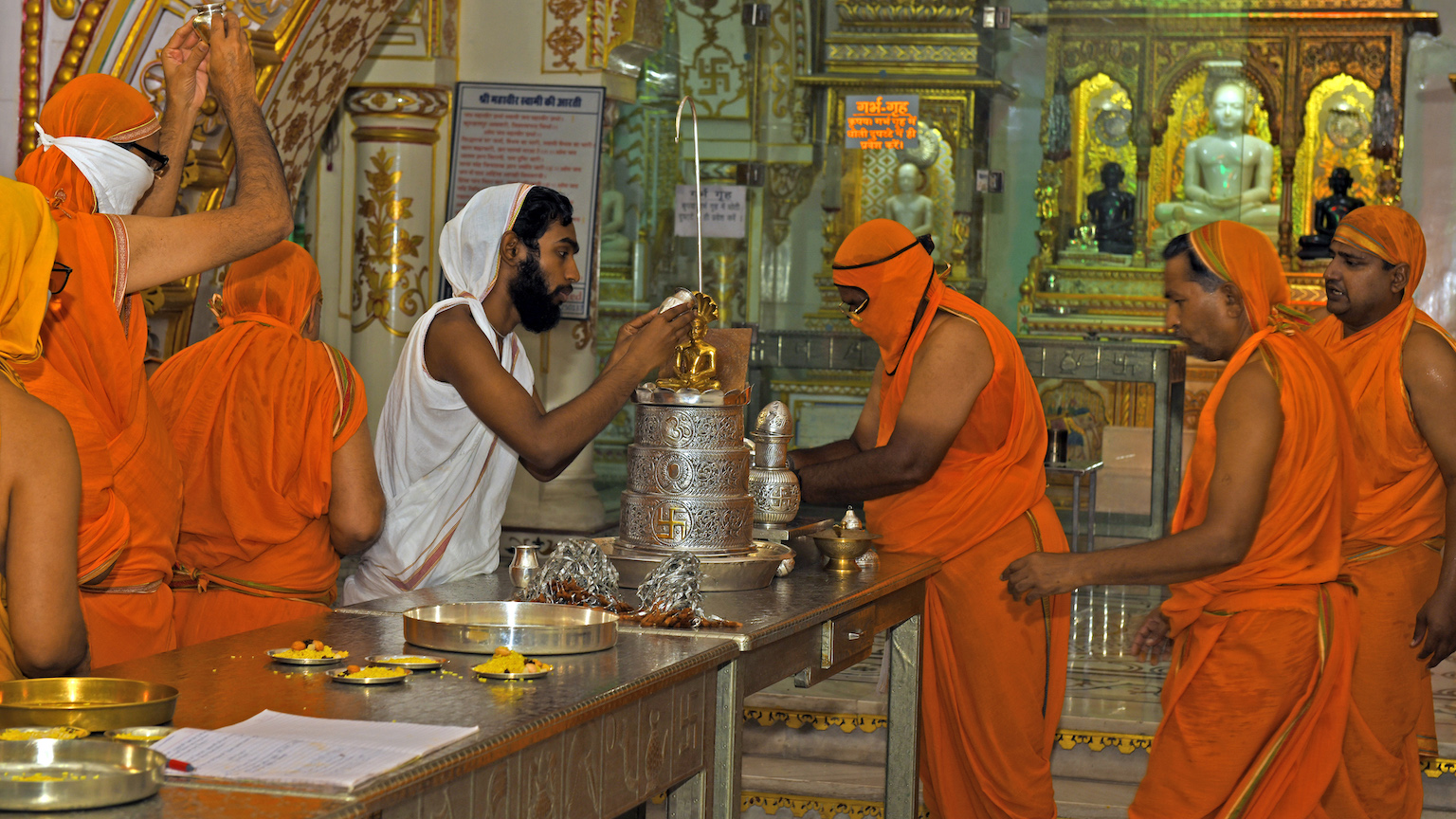The unexpected evolutionary benefits of celibacy

- From an evolutionary perspective, celibacy is an enigma. How can a trait that doesn’t result in children survive?
- A new study in Tibet finds that men with monk brothers have more children and more wealth.
- The authors propose that sending some children into the abbey reduces sibling competition for resources and improves outcomes for the group.
Evolution is often perceived as an individual affair: Traits that are helpful to the individual get passed on and eventually spread throughout a population, while those that are unhelpful eventually die off along with those who have them.
While this simple model is useful, there are many things that it finds difficult to explain. Asexuality and same-sex relationships are prime examples. Religious celibacy is another. Found in cultures worldwide, it seems like the kind of thing that eventually would have disappeared if the simple model for evolution — in which selection acts primarily at the level of the individual — is a complete explanation. The desire to become a monk should vanish from a population.
Now, a new study examines the implications of sending a family member into the monastery and provides evidence that while celibacy might not be a great decision for that individual’s genetic lineage, it works wonders for that of the family.
The evolutionary benefits of celibacy
The study, published in the Proceedings of the Royal Society B, focused on Amdo Tibetans living in the eastern part of the Tibetan plateau. This part of China endured many of the trials and tribulations as the rest of the nation over the past century, including a restriction on the number of children (they were allowed three, as opposed to one elsewhere in China), the shuttering of the monasteries during the Cultural Revolution (1966-1976), and shocks to family wealth and general food availability during the Great Leap Forward (1958-1962). The local economy remains based around agriculture, and compulsory school attendance only began in 2000.
Since the reopening of the monasteries around 1980, many families have returned to the traditional practice of sending young boys to take up the life of a monk. At one point, more than half of ethnic Tibetan males were ordained in some manner. According to the authors of the study, one in seven Tibetan boys would become monks, making the western part of the Gansu province an ideal location for their investigation into celibacy.
The authors collected sociodemographic data in 2017 by going door to door in 21 villages. The authors interviewed the residents of 530 households, representing 3,591 living people, 268 of whom were monks and five of whom were nuns. The head of each household was asked for a family tree, the names of their relatives, the occupations of their family members, and other relevant information, such as finances. Genealogies were constructed around this data.
The team found that men with a monk brother had 1.75 times as many children as those without a sibling in the abbey, on par with the number of kids an only son could expect to have. These men are also wealthier than those without a monk in the family. The results were less substantial for women, who do not generally inherit family wealth in that part of China. Still, the sister-in-law of a monk can expect to have their first child earlier than a woman with no relation to a holy man.
The benefits also extend to grandparents. Men who send one of their sons into a monastery have 1.15 times as many grandchildren as men without monks as children. This held up even in the face of other variables, such as wealth or the number of children, suggesting that there are only evolutionary benefits, but no costs, to sending a child off to the monastery.
Why does the benefit exist? Much of it derives from the family not having to divide their wealth as many times as those families who lack monks. The increased wealth makes larger families easier to support for those who do have children.
Taking one for the team
So, while becoming a monk is bad news for the genes of the person entering the monastery, it is great news for the genes of the parents and grandparents, as well as those of siblings. “Taking one for the team” ends up being a great evolutionary strategy for the group as a whole — a concept known, perhaps unsurprisingly, as group selection. Selection doesn’t happen just at the level of the individual.





